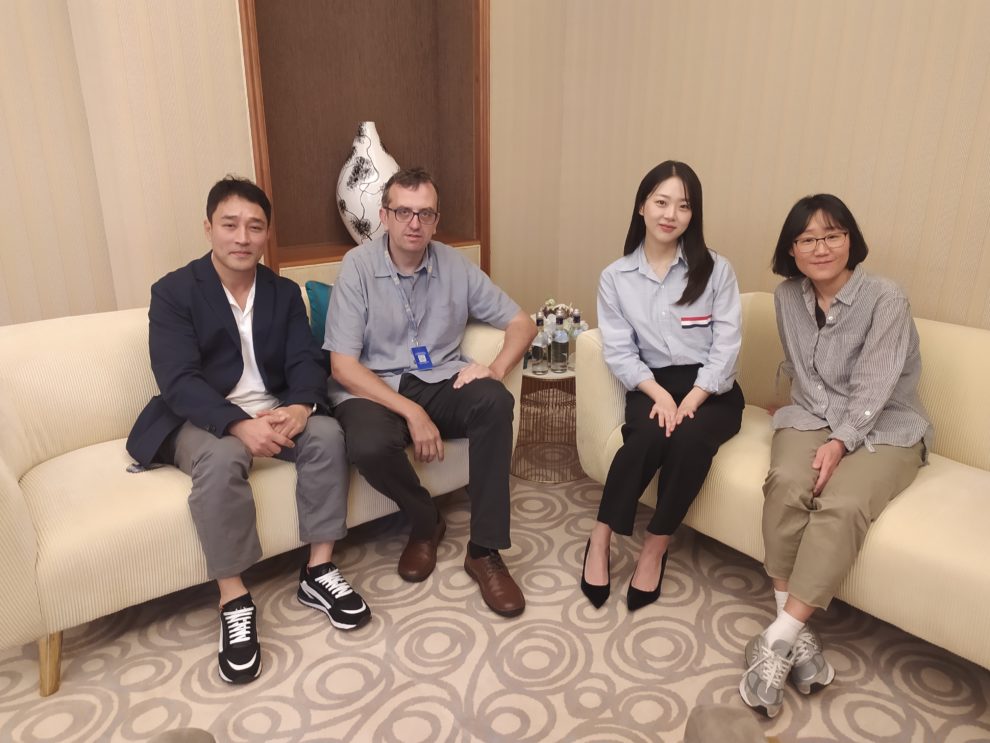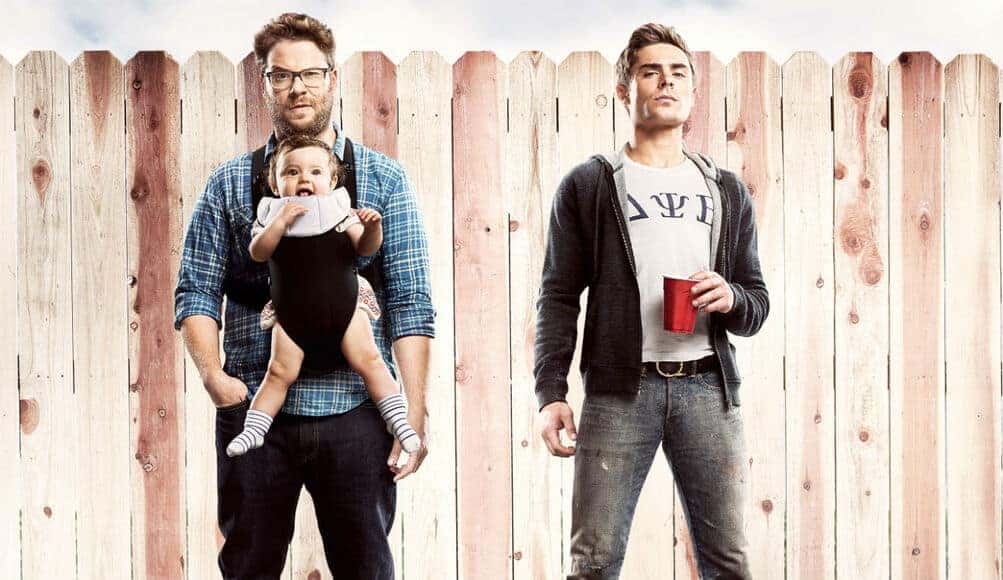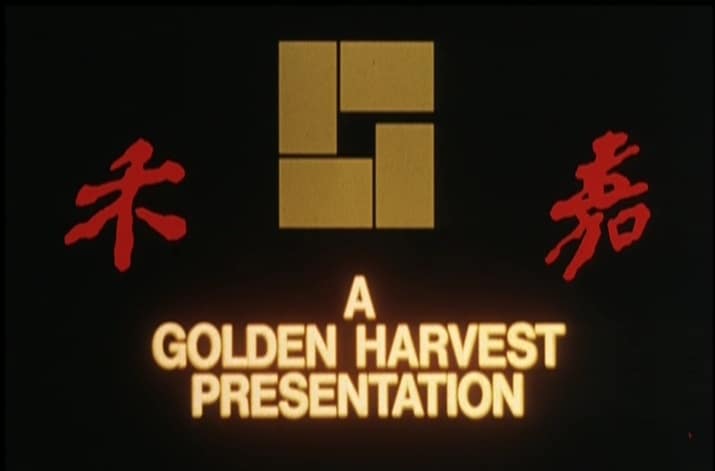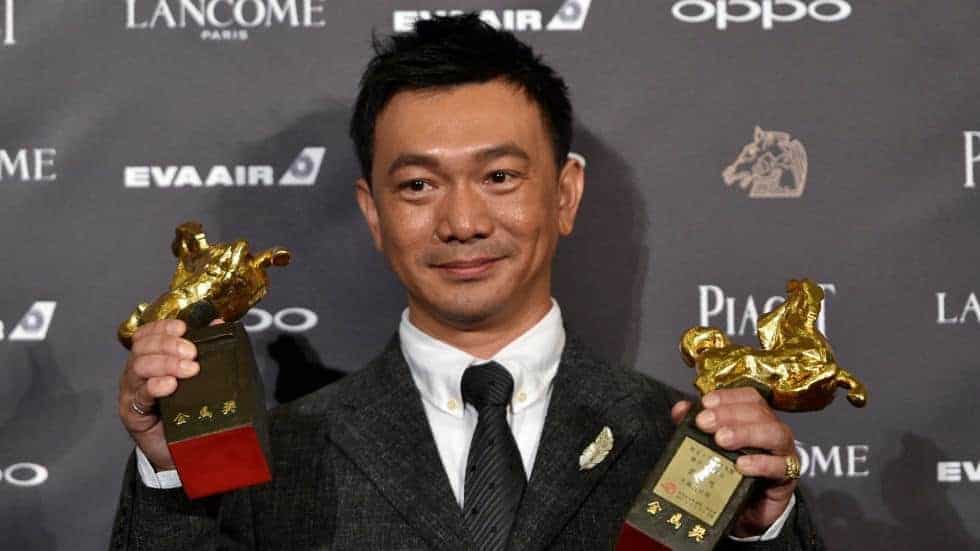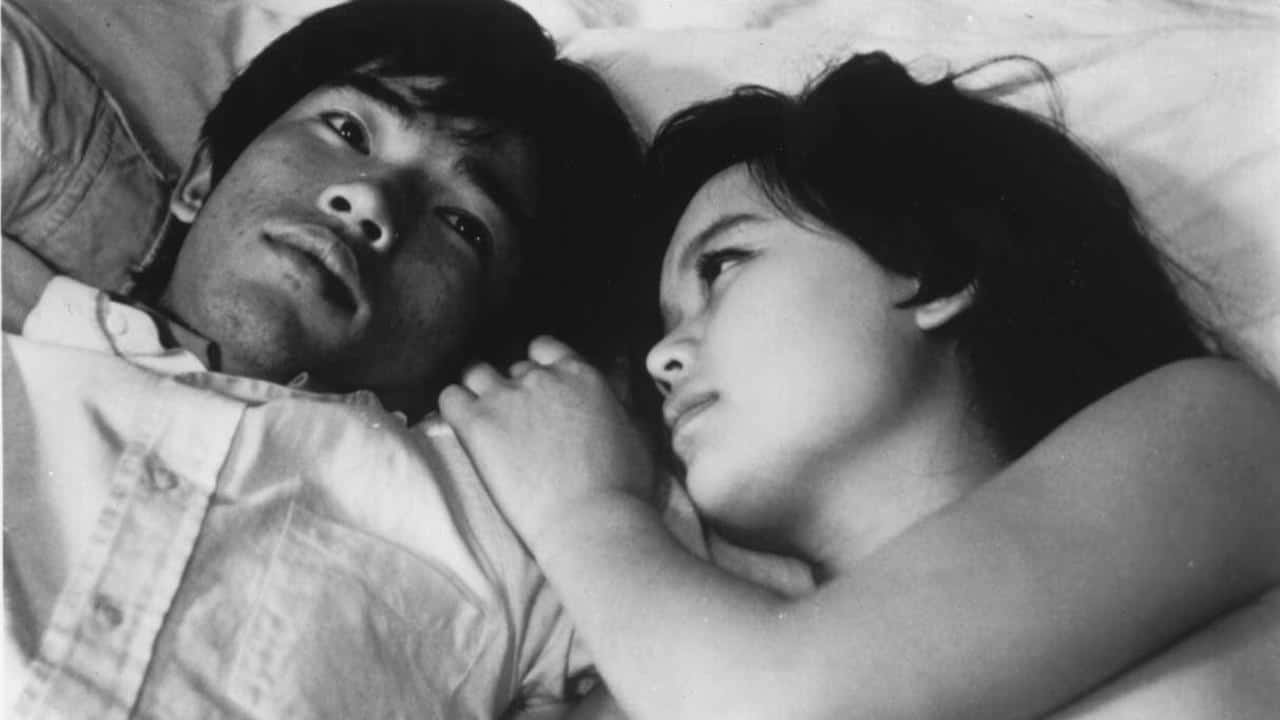July Jung studied at the Department of Imaging at Sungkyunkwan University, then studied the academic characteristics of video media, before attending Korea National University of Arts, majoring in filmmaking. Her first feature, “A Girl at My Door” (2014), was screened at the Un Certain Regard section in Cannes, gaining praise from international media.
Kim Si-eun is an actress on TV and cinema. Her credits include “The Dream Songs”, “Boys Be” and “The Negotiation”
On the occasion of “Next Sohee” screening at Red Sea International Film Festival, we speak about the main concept of the movie, So-hee's personality, the change of perspective halfway into the movie and other topics.
Next Sohee is screening at Red Sea International Film Festival

How close to reality are the events portrayed in the movie?
July Jung: The high school girl that died at a call center while she was working there – that's true. Everyone's feelings and personalities; the protagonists' thoughts and character; I invented those. But in general, the first part of the film mostly sticks to the true story.
The film seems to make a number of accusations, regarding the particular school, companies, parents, the government, and in the end, the system. But is there someone who is mostly at fault in your opinion?
Jung: Instead of trying to identify who is at fault, who was responsible for what, I tried to show that this is what the system/society is like. I think it's difficult to pin the blame on one person. However, I do think those in power have more of a responsibility. There's an irony here. Those with more power look like they're more distant, but they actually have more of a responsibility / influence on the situation. That's what I wanted to say in the film.
How do you feel about your character? Do you identify with her?
Kim Si-eun: Sohee likes dancing at first and wants to get into performance. but when she tries to get into this world, she runs into more and more incidents. she becomes a different person.
Check the review of the film
In the beginning, So-hee looks like a person who takes no sh*t, as we see in the restaurant scene. But gradually, after she started working, she starts to crumble and becomes a totally different person. Was it difficult portraying this transformation?
Kim: There were some times when it was difficult to act out the emotions. But on a piece of memo paper, I tried to record what I would think So-hee was going through – like her increasing loneliness, her physical isolation. I would consult these notes when I was acting. I would often wonder to myself: why was isolation the only option? Why did So-hee end up this way? The more I thought about this – and performed her role – the more I understood her. I feel like I have gotten to know her better, more intimately. Even though this didn't come out in the film, there were a lot of incidents that people think So-hee went through. Not just with the team head, but also with others. So i thought – in the end – So-hee must have felt like she had no other options. She must have felt like it was useless. So-hee didn't choose to be this way. She ended up this way.
Do you like her as a person though? Would you be friends with her?
I feel like we could have definitely been friends. So-hee is someone who thinks a lot about others, even though she was so isolated. I feel like I would have been happy to have a friend like her. I am curious, though, why do you ask me this question?
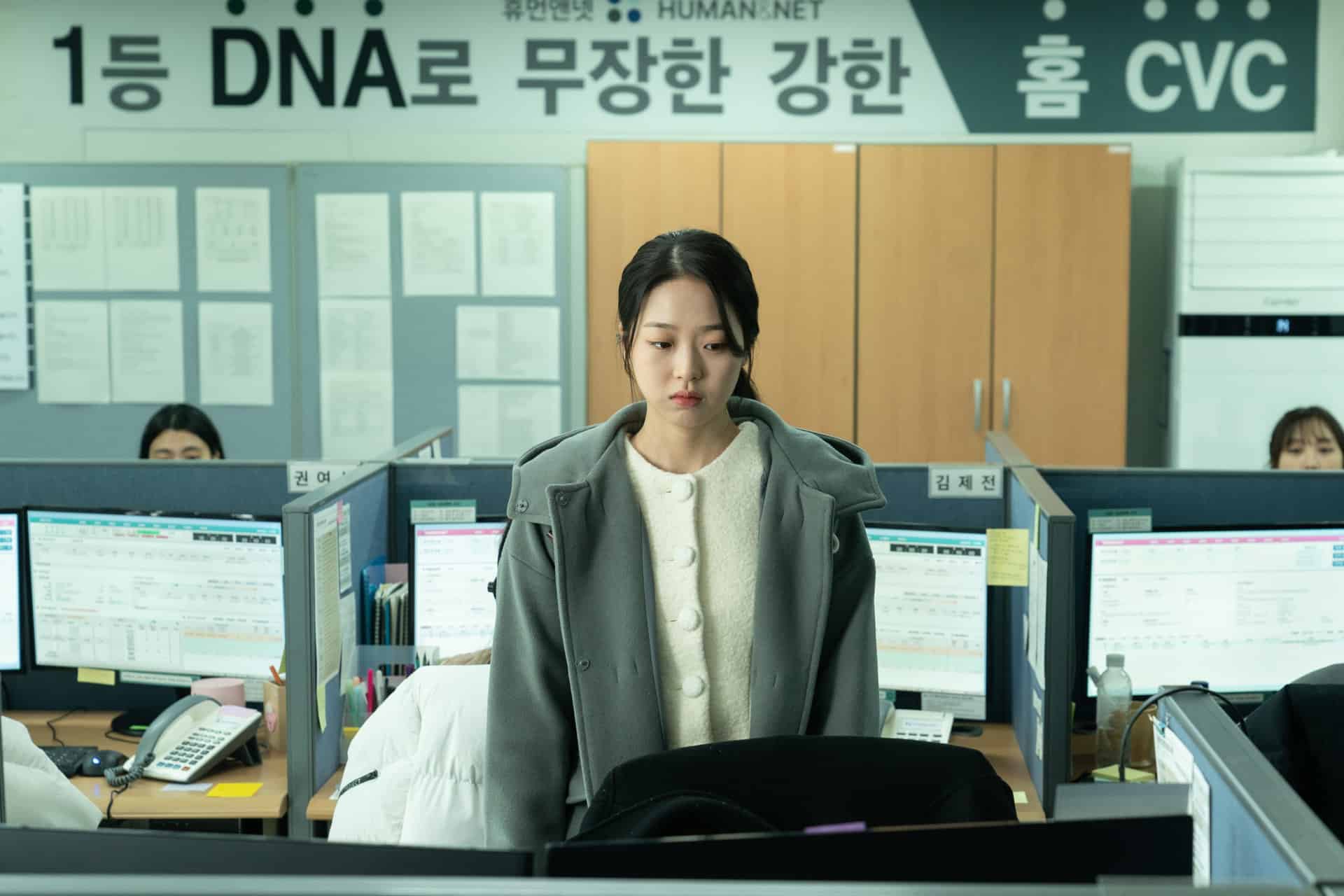
I feel that through this question, I can learn more about who you really are as a person. So, in that line, do you get mad sometimes in real life, like her?
Kim: Not really.
Why did you decide to change perspectives of the story half way through the film?
Jung:.I wanted to think about how deaths like these could even happen. Why do people see death as a viable option [for their problems]? Why does this phenomenon [of people dying like the girl in the call center] continue? Ultimately, I wanted to think about the systemic pressures that drive people to make these sorts of decisions.


